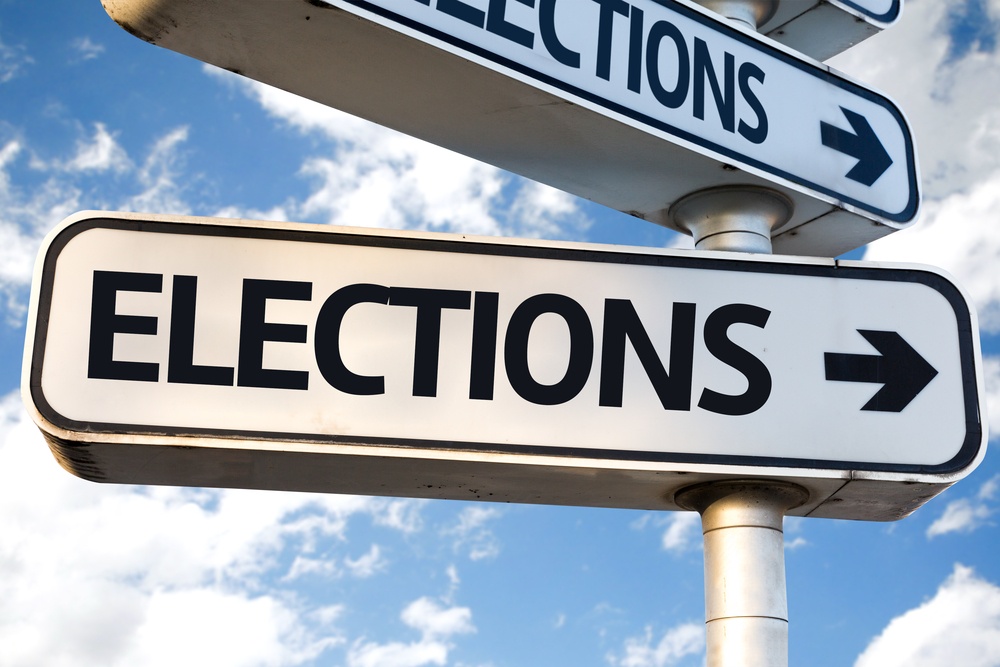 A proxy is a document authorizing a person to act on behalf of another person. When it comes to HOA voting, this means that a unit or homeowner may authorize someone else to represent them at an HOA meeting and to vote on their behalf. Details common to a proxy form include the date and time of the meeting and a statement declaring authorization. The purpose of a proxy is to give representation to owners who are unable to attend a meeting and for association members to have a better understanding of how the overall membership feels about a certain issue.
A proxy is a document authorizing a person to act on behalf of another person. When it comes to HOA voting, this means that a unit or homeowner may authorize someone else to represent them at an HOA meeting and to vote on their behalf. Details common to a proxy form include the date and time of the meeting and a statement declaring authorization. The purpose of a proxy is to give representation to owners who are unable to attend a meeting and for association members to have a better understanding of how the overall membership feels about a certain issue.
Proxy Representation
A good choice for a proxy representative is another owner. Specific rules about who may serve as a proxy representative are found in the association bylaws and/or sometimes in state law. For example, a tenant may or may not have a right to vote on any association matters. If the tenant is not allowed to vote then the tenant is not a good choice for a proxy representative. If another owner isn't a possibility, the best course of action is to review the rules and laws to see who else might be a good fit.
Proxies Versus Ballots
A proxy is different than a ballot, and to some, this is rather confusing. It is especially confusing in the states that have mail-in ballots. When an owner receives a proxy form in the mail but perceives it as a ballot, they complete and return the form believing they just voted. HOAs typically do not have the time needed to contact the member and explain the difference. Again, state law varies on mail-in ballots, and for those states that allow it, confusion arises when a proxy form is also mailed to association members.
The Balance of Power
A person with power of attorney usually doesn't need a proxy form, depending upon state law. Another consideration when it comes to proxies is who has the authority to sign the deed for the property. A proxy on behalf of a qualified person who, as the owner, is qualified to sign legal documents for the property, is the right way to go.
Proxy Abuse
Depending upon the type of vote, proxy abuse may occur. It is tempting to offer to serve as the proxy representative for more than one owner if the goal is to get a particular voting outcome. Best advice practices are to let management send out the proxies. Discourage association board members from handing out proxies and from soliciting proxies from fellow owners. It's easy to get caught up in the excitement of an impending vote; however, the best part of an HOA is the democratic process of reaching a decision.
Members' Right to Input
Life is busy, and sometimes you just have to miss a meeting. Add in the factor of out-of-town owners, and you'll quickly see how proxies are valuable tools in reaching a consensus from the majority, not just a few. By taking the following steps, your association will be on its way to better owner engagement during the voting process:
- Do your research and pinpoint any bylaw language concerning proxies.
- Review state law for voting by proxy in an HOA setting.
- Create awareness with a pre-proxy campaign, especially in those states with mail-in ballots.
- While board members are discouraged from soliciting or collecting proxies, they can help educate other members. Develop a cheat sheet of common questions and answers regarding the process and give one to each board member.
The proxy process doesn't have to be complicated. Most members, once educated about the process, will appreciate the opportunity to have their voice heard, even if it's via a form. For more information about HOA voting and proxies, contact us today.

